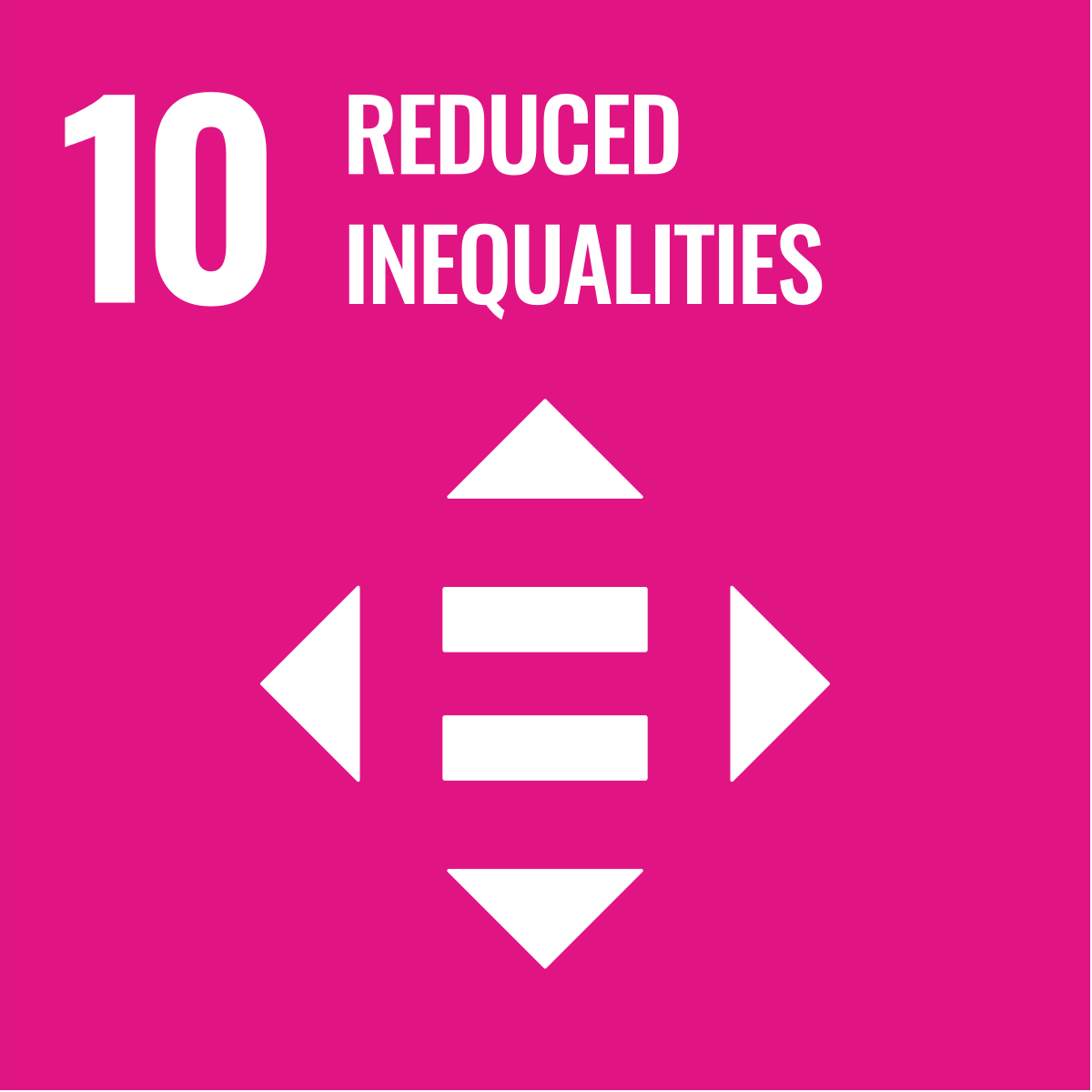Start by introducing Sustainable Development Goal (SDG) 10, which focuses on reducing inequalities within and among countries. Explain why reducing inequality is essential for achieving a sustainable and inclusive future, ensuring equal opportunities for all.
-
Understanding Inequality:
- Explain inequality in simple terms, touching on disparities in income, access to education, healthcare, and opportunities.
- Mention how these issues are prevalent across the globe, affecting marginalized communities the most.
-
How Students Can Address Inequality:
- Awareness Campaigns: Organize school events or discussions to educate peers about inequality and its impacts.
- Community Action: Volunteer with local NGOs or initiate drives to help underprivileged groups, like collecting resources for low-income families or tutoring underprivileged children.
- Use of Technology: Leverage tools like Go Sharpener to connect with others and promote equal opportunities.
-
The Role of Collaboration:
- Highlight the importance of teamwork in tackling inequality. Students can work together to create inclusive projects, like promoting gender equality or helping differently-abled students.
-
Global Perspective:
- Provide examples of SDG 10 initiatives worldwide, such as policies for fair wages, scholarships for disadvantaged groups, or technology to bridge the digital divide.
Conclusion: Encourage readers to be champions of equality in their daily lives. Stress the importance of empathy and understanding toward those who are less privileged. End with an inspiring message: "Together, we can build a world where everyone gets a fair chance to thrive."

